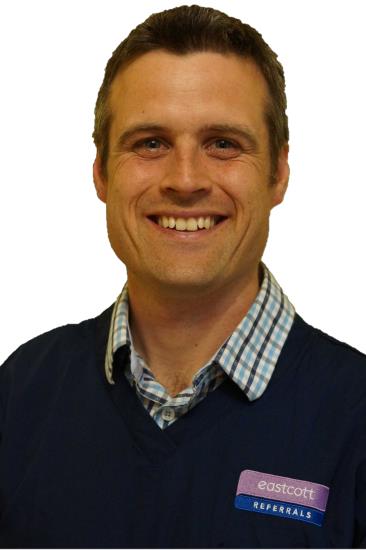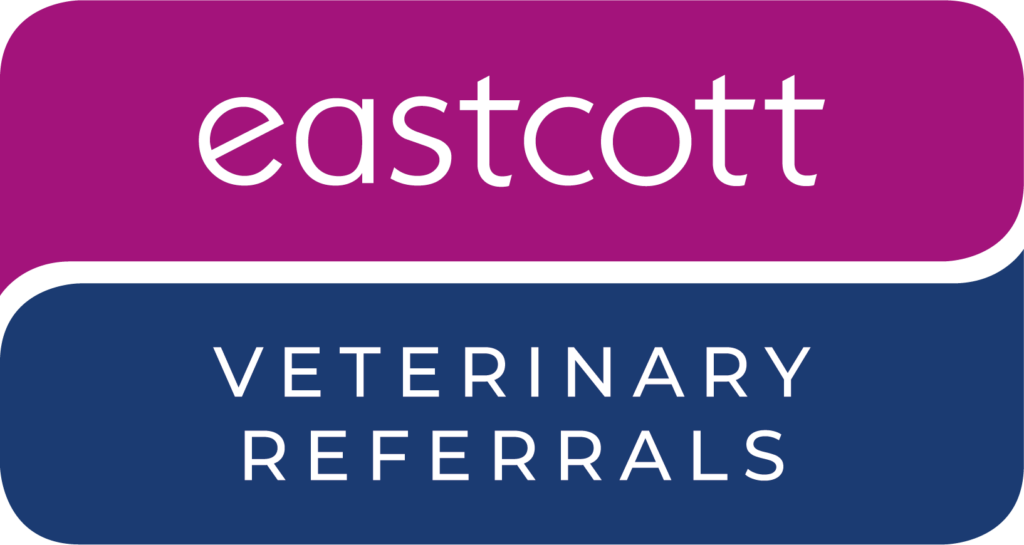Categories
New Head of Internal Medicine
Matthew Best MA VetMB FANZCVS (Small Animal Medicine) MRCVS RCVS Recognised Specialist in Small Animal Medicine joins as Head of Internal Medicine
Matthew Best joined the team in June 2019, he has extensive experience in all areas in the discipline of small 
Medicine: we cover almost all chronic medicine services including gastroenterology, endocrinology, respiratory disease, urology/nephrology, immune-mediated disease, infectious disease and liver disease.
Emergency medicine: we are experienced in and enjoy the challenge and rewards of seeing acutely unwell cases; we are here to help with those critically ill patients, whatever the underlying cause.
Oncology: we have a particular interest in medical oncology and are able to offer a comprehensive service and in our dedicated chemotherapy room we are able to appropriately select and administer the full range of chemotherapy options including intravenous chemotherapy, intracavitary chemotherapy, oral chemotherapy and metronomic chemotherapy. We are also able to work closely with our specialist soft-tissue surgery service to provide a comprehensive and coordinated approach to cancer. We have close links with other centres where very specific therapies, such as radiation therapy and electrochemotherapy, can be offered when these are appropriate.
Neurology: our clinicians have extensive experience with a wide range of medical neurology cases and are proficient in both cisternal and lumbar CSF sampling. We are very lucky to have a very high-quality MRI being installed which will become operational later in 2019 and will offer an extensive neurology service at this time, including the investigation of central nervous system diseases such as seizures, inflammatory brain disease and cranial nerve diseases. In the meantime we have a very good, 64-slice, CT scanner and this is likely to pick up 80-90% of structural brain disease that would be seen with an MRI – this means we can still offer a local, cost-effective neurology service to your patients – if you have a specific case you would like to discuss then please do pick up the phone. Where MRI, highly-specialised neurological equipment, such as electrodiagnostics, or assessment by a specialist neurologist is likely to benefit our patients we are able to arrange for these with at other centres with whom we have close links.
